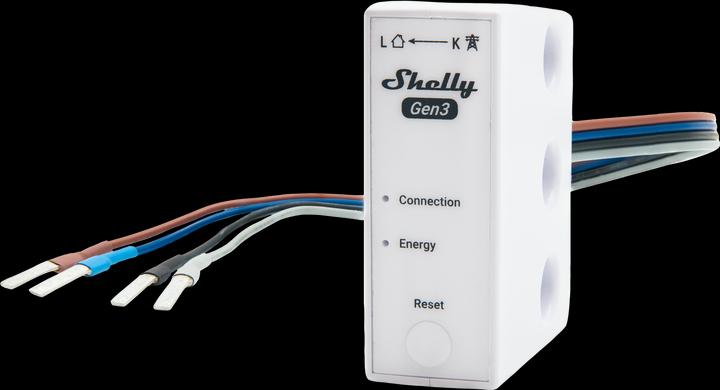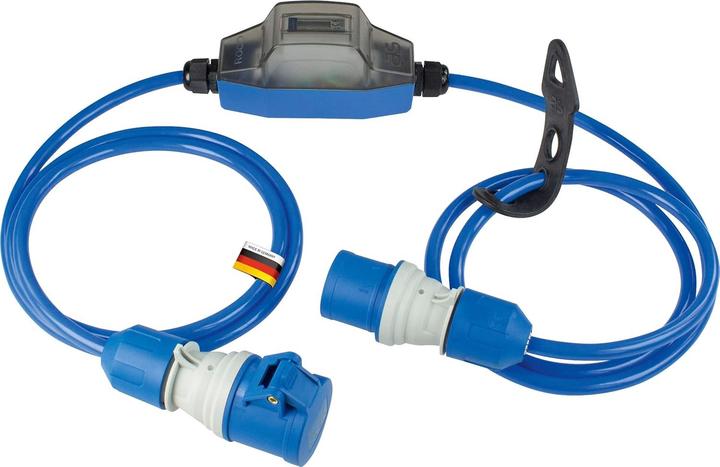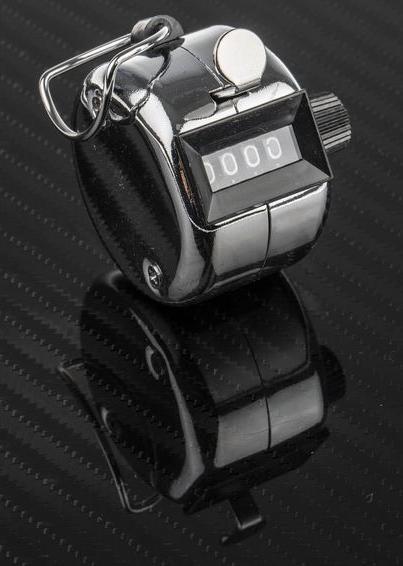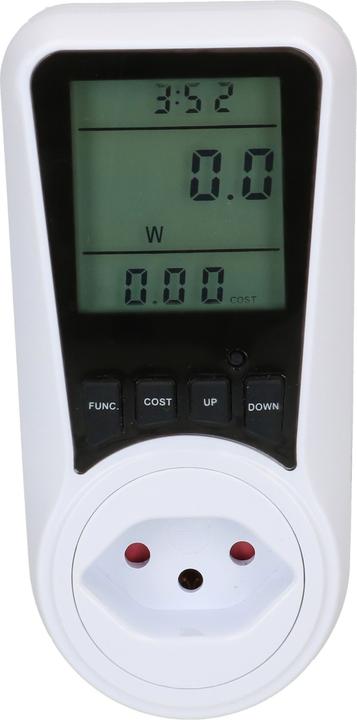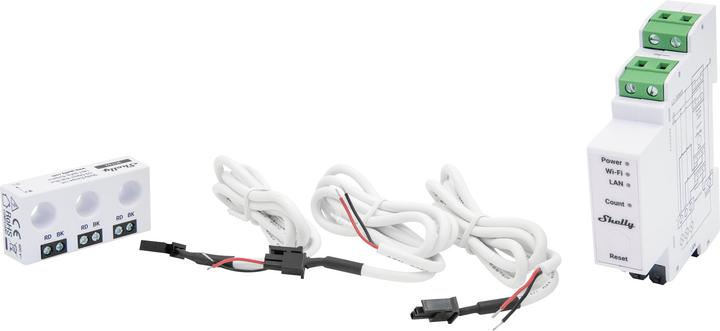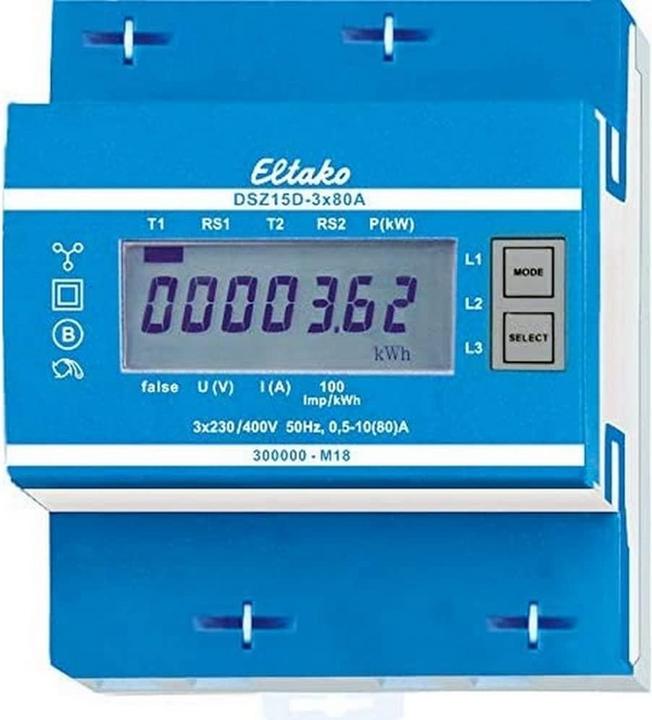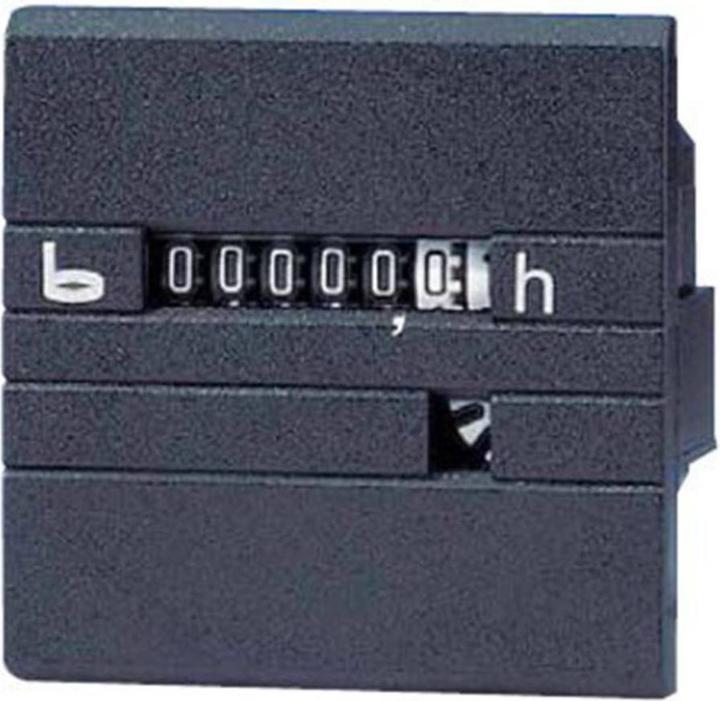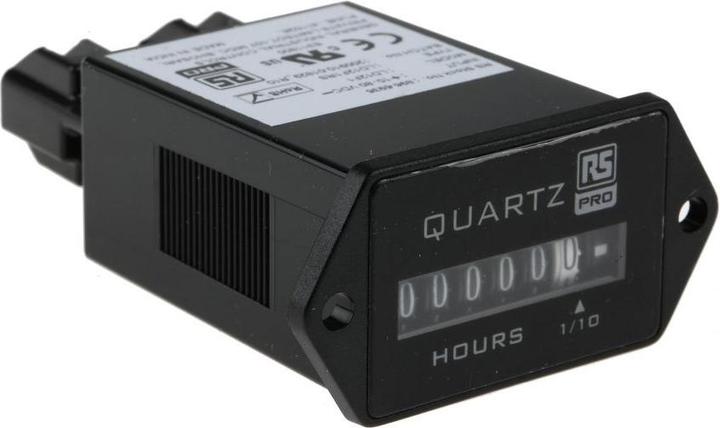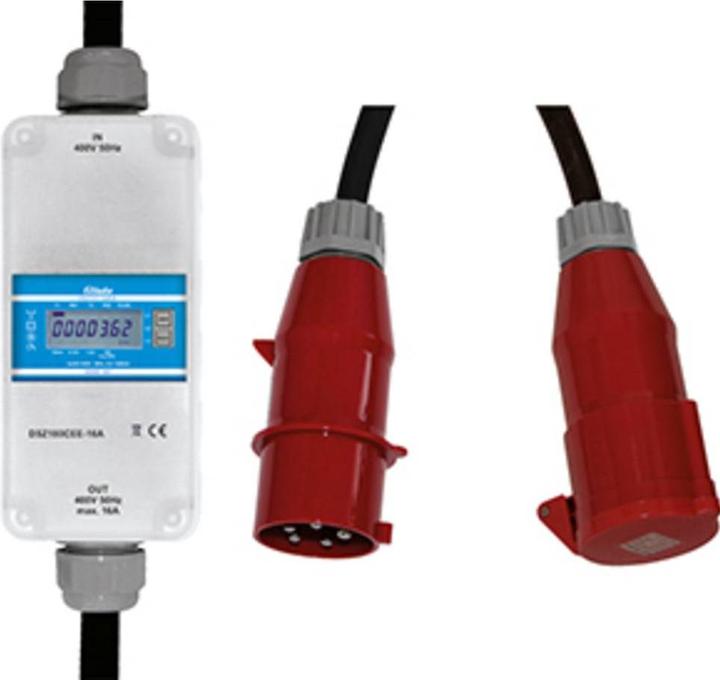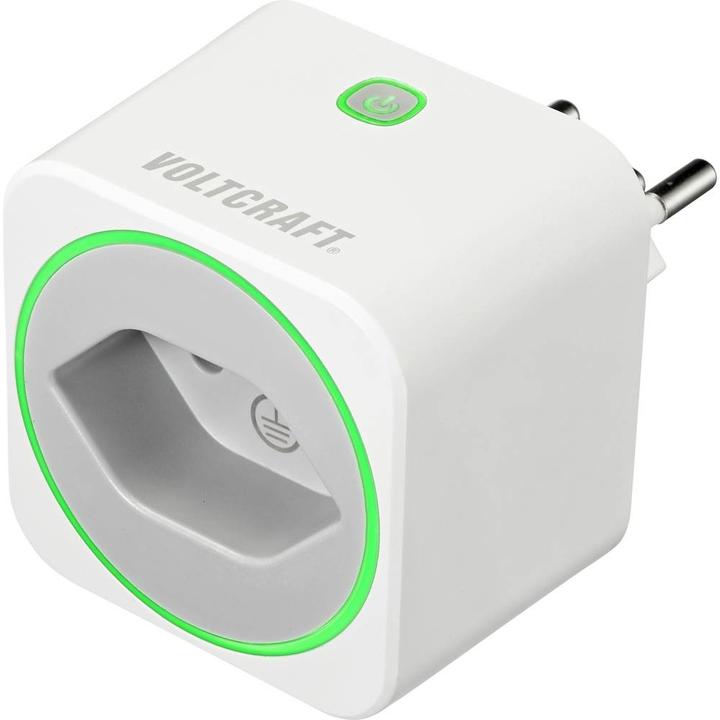
Too Many Energy Monitors? Here's How to Find the Right One
Here are five key factors to consider when choosing the perfect energy monitor for your needs.
Last updated 3 weeks ago. Automatically generated content.


Select options and limit the number of products
Energy meter type refers to the variety of devices used to measure different aspects of energy consumption or production. Selecting the correct type ensures accurate monitoring and efficient energy management, tailored to specific needs and environments.
Popular options (you can select more than one)
Energy meter
Typical price
71.– to 290.–Measures the total energy consumption over a period of time.
Ideal for tracking overall energy usage, helping users identify opportunities for efficiency improvements.
Bestseller
Multifunction measuring device
Typical price
170.– to 550.–Offers multiple measurement capabilities, including voltage, current, and power factor.
Suitable for comprehensive monitoring, providing detailed insights into electrical performance and system health.
Bestseller
Operating hours counter
Typical price
33.– to 100.–Records the total time a device is operational.
Useful for maintenance scheduling, ensuring optimal equipment performance and longevity.
Bestseller
Pulse counter
Typical price
46.– to 140.–Counts the number of pulses generated by a device, often used in metering applications.
Effective for precise monitoring of specific device operations, aiding in performance analysis and troubleshooting.
Bestseller
Maximum current refers to the highest electrical current level that an energy monitor can handle safely. Choosing the appropriate maximum current is crucial for ensuring the monitor can effectively manage your household's energy consumption without risk of overload or damage.
Popular options
Up to 32 A
Typical price
91.– to 480.–Suitable for smaller households or individual circuits with limited energy demands.
This range is ideal for monitoring basic household appliances and ensuring energy efficiency without overloading.
Bestseller
33 - 65 A
Typical price
74.– to 210.–Designed for medium-sized households with moderate energy consumption needs.
Provides reliable monitoring for homes with multiple appliances, supporting efficient energy management.
Bestseller
66 - 100 A
Typical price
86.– to 290.–Perfect for larger households or commercial settings with high energy usage.
This range can handle substantial energy loads, ensuring comprehensive monitoring and preventing potential overloads.
Bestseller
The protection type, indicated by the IP code, specifies the level of protection an energy monitor offers against dust, water, and solid objects. Choosing the right protection type is crucial for ensuring the durability and reliability of the device, especially in environments exposed to elements.
Popular options (you can select more than one)
IP65
Dust-tight and resistant to water jets from any direction.
Ideal for outdoor use, ensuring reliable performance even in heavy rain and dusty conditions.
Bestseller
IP66
Completely dust-tight and protected against strong water jets.
Suitable for harsh environments, offering robust protection in industrial settings with high moisture levels.
Bestseller
IP54
Limited protection against dust ingress and resistant to water splashes.
Best for indoor use where occasional exposure to moisture is possible, maintaining device functionality.
Bestseller
IP44
Protected against solid objects larger than 1mm and water splashes from any direction.
Great for home environments, providing basic protection against accidental spills or light rain.
Bestseller
The measurement module in an energy monitor determines the units used to measure and display energy consumption. Choosing the right module is essential as it directly impacts the accuracy and relevance of energy usage data, helping users make informed energy-saving decisions.
Popular options (you can select more than one)
Kilowatt hours
Typical price
68.– to 260.–Measures energy consumption over time, typically used in household energy monitoring.
Ideal for tracking overall energy usage and identifying long-term energy-saving opportunities.
Bestseller
Amp
Typical price
79.– to 420.–Measures electrical current flowing through a circuit, essential for detecting overloads.
Useful for ensuring electrical safety and optimizing circuit efficiency in large appliances.
Bestseller
Volts
Typical price
70.– to 460.–Measures electrical potential difference, crucial for assessing voltage stability.
Helps in maintaining device performance and preventing voltage-related damages.
Bestseller
Watt
Typical price
33.– to 340.–Measures rate of energy consumption at any given moment, useful for real-time monitoring.
Perfect for identifying power-hungry devices and optimizing energy efficiency during peak usage.
Bestseller
The brand factor is crucial in selecting energy monitors, as it affects the reliability and features offered. Brands like Steffen, Shelly, and Brennenstuhl provide distinct advantages, such as innovative technology and user-friendly interfaces, enhancing the monitoring experience.
Popular brands (you can select more than one)
Steffen
Known for durable and efficient energy monitors suitable for home use.
Offers user-friendly interfaces and accurate energy consumption data.
Bestseller
Shelly
Renowned for smart home integration and advanced monitoring features.
Provides real-time data access and remote control via mobile apps.
Bestseller
Brennenstuhl
Specializes in robust designs with high accuracy for professional environments.
Ideal for users seeking reliable long-term performance and detailed analytics.
Bestseller
Voltcraft
Offers versatile energy monitors with a focus on precision and affordability.
Great for budget-conscious users needing detailed energy tracking.
Bestseller
Max Hauri
Recognized for easy installation and comprehensive monitoring solutions.
Best for consumers looking for straightforward energy-saving tools.
Bestseller
